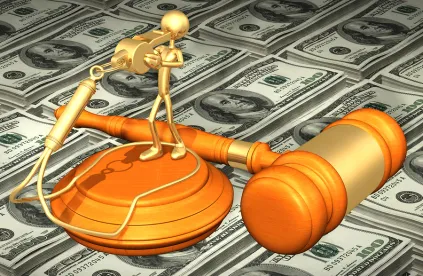On June 26, 2017, the U.S. Supreme Court agreed to review whether individuals who do not report alleged securities law violations to the U.S. Securities and Exchange Commission are “whistleblowers” protected by the anti-retaliation provision of the Dodd-Frank Act. Somers v. Digital Realty Trust, Inc., 850 F.3d 1045 (9th Cir. 2017), cert. granted, No. 16-1276 (U.S. June 26, 2017).
As previously reported here and here, the Ninth Circuit in Somers held that Dodd-Frank’s anti-retaliation provision extends to individuals who make internal complaints even if they do not complain to the SEC. The Ninth Circuit joined the Second Circuit that similarly held in Berman v. Neo@Ogilvy LLC, 801 F.3d 145 (2d Cir. 2015) that a Dodd-Frank “whistleblower” need not report an alleged unlawful violation to the SEC. This is in direct contrast to the Fifth Circuit’s decision in Asadi v. G.E. Energy (USA), LLC, 720 F.3d 620 (5th Cir. 2013) that reached the opposite conclusion. On April 25, 2017, Digital Realty Trust requested the U.S. Supreme Court’s review of the Somers decision, and several organizations and national associations filed amicus curiae briefs urging the Court to grant certiorari. Represented by Proskauer, the Chamber of Commerce of the United States of America submitted its amicus brief in support of review on May 25, 2017.
Having passed on the opportunity to address this issue in Verble v. Morgan Stanley Smith Barney, LLC., No. 16-946 (6th Cir. 2017), the U.S. Supreme Court has now decided to resolve this important question.




 />i
/>i
